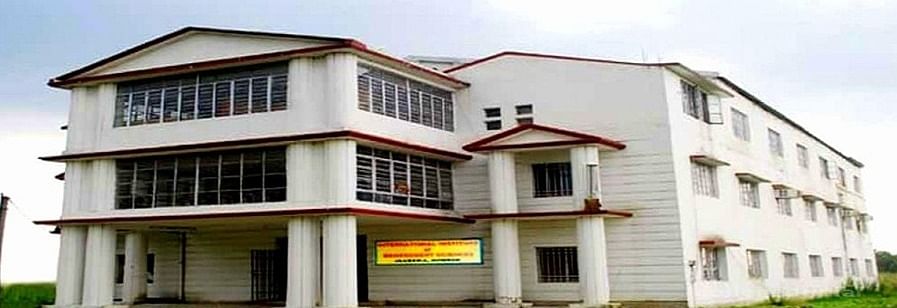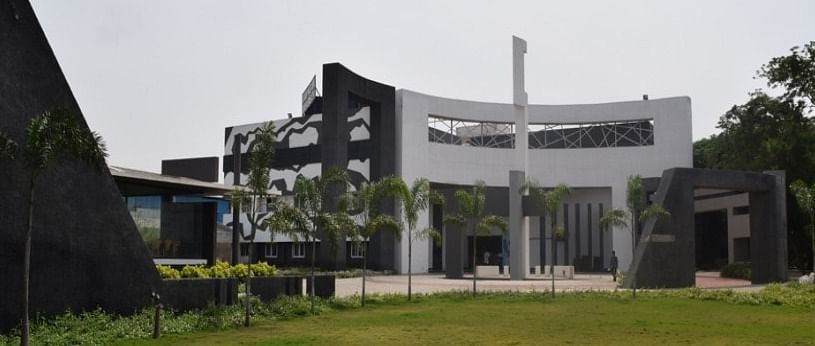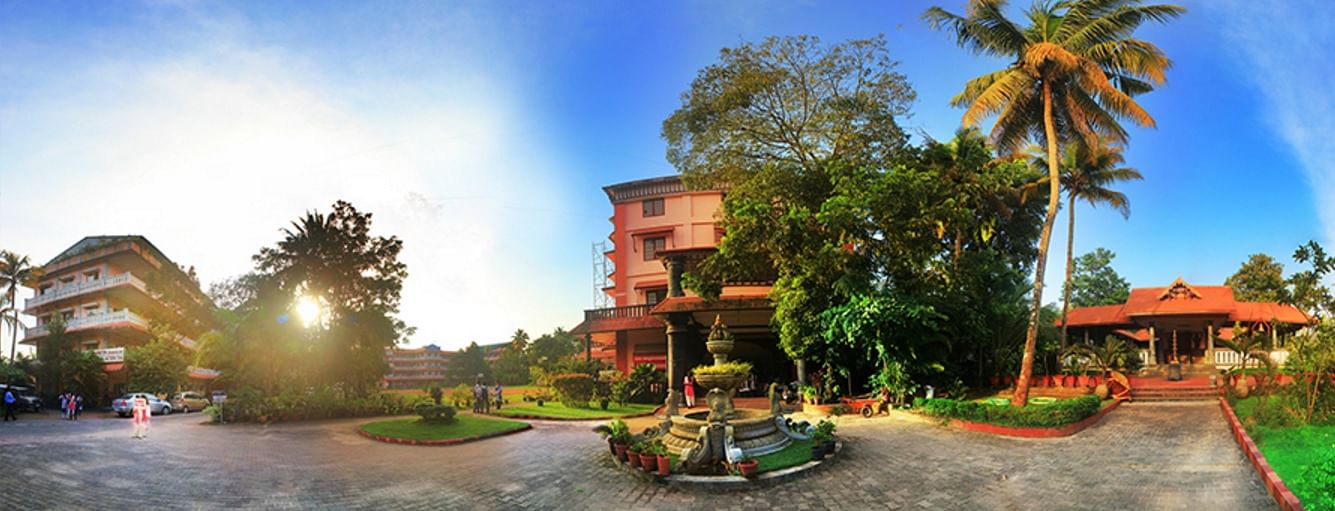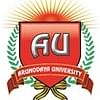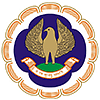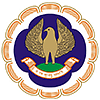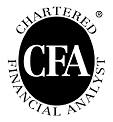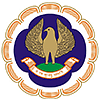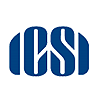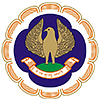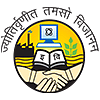B.Com Information Technology Syllabus and Subjects

B.Com IT subjects consist of various core and elective subjects. In addition to that, the B.Com Information Technology course imparts specific knowledge in various subject areas that offer theoretical and practical knowledge to students through subjects like financial accounting, economics, Information Technology, Management information system, and IT Architecture, etc. The B.Com Information Technology syllabus is specially organized for those graduates with a strong interest in finance, technology, computer science, and other related technology streams.
Semester Wise B.Com Information Technology Syllabus
B.Com IT Syllabus includes economics, applications of IT, workforce management, system development, and much more. The curriculum for the course is divided into four parts: foundation, core, electives, and projects. The B.Com Information Technology subjects semester wise are listed below:
|
Semester I |
Semester II |
|
Business Management |
Advanced Business Statistics |
|
Economics |
Management Accounting |
|
Financial Accounting |
Communicative English |
|
Information Technology |
Auditing |
|
Semester III |
Semester IV |
|
Management Information System |
IT Architecture |
|
System Analysis and design |
Business Laws |
|
Auditing Tools |
Macroeconomics |
|
Semester V |
Semester VI |
|
E-Commerce |
Workforce Management |
|
System Development |
Marketing Strategy |
|
Applications of IT |
Commercial Programming |
B.Com Information Technology Subjects
There are so many subjects in the course curriculum of B.Com Information Technology which are necessary for the students to pursue a degree course related to finance, Information Technology, Computer science and related streams of IT. Some subjects are from plus two classes, and some new topics have been covered in the course. Let's see in detail what all are the B.Com Information Technology subjects in the course curriculum:
Some of the B.Com Information Technology subjects list in the course curriculum are listed below:
Core Subjects:
- Financial Accounting
- Business Communication
- Principles of Marketing
- Business Economics
- Auditing
Elective Courses:
- Business Economics
- Business Environment
- E-Commerce
- Principles of Investment
- Office Practices
- Business Statistics
B.Com Information Technology Course Structure
The B.Com Information Technology course is structured into two categories: core and elective subjects, which are necessary for a graduate to seek a good career. The course for the curriculum has been divided into six semesters, comprising an introduction to the basics in accounting, IT, computer science, and other related information technology functions. The course mainly focuses on financial accounting, business laws, Applications of IT, and IT Architecture. The aspirants can choose the electives for the course based on the specializations and the research-based projects they should complete at the end of the last year. B.Com IT course details are:
- VI Semesters
- Core and Elective subjects
- Internship
- Project Submission
B.Com Information Technology Teaching Methodology and Techniques
B.Com Information Technology degree comprises various teaching methods and techniques. Apart from the basic lecture-based training, the students are trained to excel in various labs, group projects, and other action-based learning methods, which will be necessary for them to evolve as the best graduates. Students can even work as a team for the final year project to provide practical solutions to real-life work challenges.
Some of the vibrant teaching methodology and techniques in the course curriculum are:
- Practical sessions
- Group Projects
- Case Methodology
- Workshop
- Lectures
B.Com Information Technology Projects
Students pursuing a B.Com Information Technology degree can take up projects on various topics such as database compression, payroll system, signature implementation, etc. The project motivates the students to develop skills in designing and developing various technology-based domains.
Popular B.Com Information Technology Project Topics are:
- The Role of computers in management information system
- The Impact of the internet on the community
- Social media entrepreneurship and a tool for national development
- Computer networking using a wireless network
- Cloud computing, a better means of its outsourcing
B.Com Information Technology Reference Books
Reference books for the B.Com Information Technology course help students get additional knowledge about the course they are pursuing. The reference books support the students to expand their knowledge about various topics covered in the curriculum. The B.Com Information Technology books pdf version is also available on the internet, and the students can access them and refer to it whenever and wherever they want. Some of the very best B.Com IT Books are:
|
Books |
Authors |
|
Fundamentals of Information Technology |
Deepak Bharihoke |
|
Fundamentals of Natural Computing |
Leandro Nunes |
|
Computer Fundamentals and Information Technology |
S.S Shrivastava |
|
Fundamentals of Computers |
Reema Thareja |
